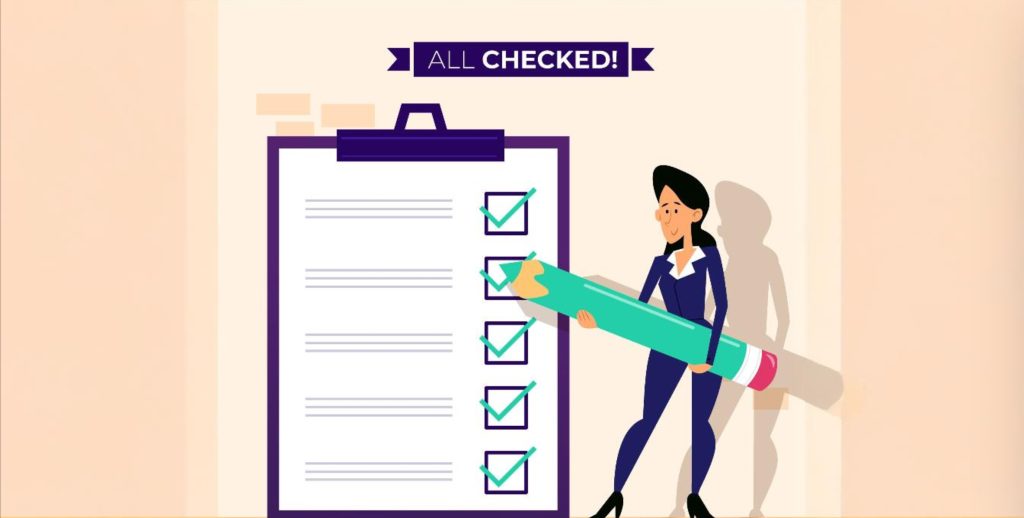
If Mitt Arv had to preach one thing, it would be this, “Creating a will is one of the most crucial steps in ensuring that your assets and properties are distributed according to your wishes after your passing.” Especially for Non-Resident Indians (NRIs). This process often includes navigating tricky financial, legal, and regulatory compliances across multiple countries. One important aspect of making a will is choosing an executor. The executor is the individual or entity responsible for executing the terms of your will.
In this blog, we dive into why choosing the right executor is crucial for NRIs, what qualities to look for, the responsibilities an executor takes on, and the potential consequences of selecting an unsuitable executor.
Understanding the Role of an Executor
While creating a Will under the Indian Law, it is quite important to choose an appropriate Will executor for NRI’s. The executor is tasked with following the directions in the Will are properly carried out after the testator’s death. This role can be challenging and time-consuming. It requires knowing the ins and outs of both the legal systems involved and careful, ethical management of financial matters.
According to Jay Chauhan (Role of an Executor in the Will): “Choosing an executor for your will is one of the most important decisions you can make in estate planning” The executor’s role will include managing probate matters, settling any outstanding debts, communicating with guardians and distributing the NRI’s estate according to the Will’s provisions.
In the case of NRIs, it is prudent to appoint an executor who is well-versed in both Indian and international inheritance laws. Especially, when assets are spread across different countries.
Also Read: What is a Will and why everyone needs one.
Qualities to Look for in an Executor
While choosing an executor, keep in mind to select someone capable, trustworthy, and knowledgeable. Some key qualities NRIs should prioritise:
- Trustworthiness and Integrity
The executor will have direct access to your estate and financial information. Therefore, their integrity should be high on the priority list. Choose someone who has demonstrated honesty, loyalty, and fairness. - Knowledge of Relevant Laws
Estate laws differ across jurisdictions. An executor for an NRI may need a basic understanding of legal requirements in multiple countries. If this expertise is lacking, your executor may find it hard to handle the nitty-gritties that come with cross-border assets. - Good Organisational and Financial Skills
Managing an estate requires meticulous record-keeping, patience, and attention to detail. Choosing one with a background in finance or business may find the role easier to manage. - Availability and Commitment
The probate process can take several months or even years, depending on the complexity of the estate. The executor should be prepared for this commitment and ideally have the flexibility to prioritise these responsibilities. - Impartiality
Family dynamics can sometimes complicate the probate process. Choosing an executor who is impartial and focused solely on your wishes can help prevent potential conflicts among beneficiaries.

Potential Candidates for an Executor

- Close Family Members
Wills are often intimate matters. Family members are often trusted as executors, but it’s important to consider their ability to remain impartial, especially if there are significant assets or if other family members are involved. Additionally, family members may face emotional challenges during this process. - Friends or Trusted Associates
Choosing a friend or a long-time associate can work well, provided they meet the criteria above. Sometimes a neutral party, removed from family dynamics, may be better suited for the role. - Professional Executors
NRIs may also consider appointing a professional, such as a lawyer or a corporate trustee, as an executor. Professional executors can bring legal and financial expertise to the table, although they typically charge a fee for their services. - Joint Executors
If your estate is particularly complex or if you want to balance family involvement with professional oversight, you could name co-executors. This can be a combination of a family member and a professional executor. It might create the right balance between personal connection and professional expertise that you might be looking for.
Consequences of Choosing an Unsuitable Executor

Choosing the wrong executor for your will is a mistake that can lead to a number of problems, impacting the smooth execution of your estate plans. In a previous blog, we discussed several common mistakes to avoid when making a will, and the importance of selecting the right executor is a key part of that guidance. An unfit executor can lead to several consequences like:
- Delays in Probate Process
An inexperienced or unorganised executor may slow down the process. Delays can cause frustration for beneficiaries and may lead to legal disputes, especially if beneficiaries feel their inheritance is being mismanaged. - Mismanagement of Assets
An executor lacking financial knowledge could mishandle investments, sell assets at a loss, or even lose valuable property. In some cases, the executor might misinterpret tax obligations, leading to penalties or loss of wealth. - Legal Complications
NRIs often hold assets in multiple countries, which may have distinct inheritance laws and tax requirements. An unsuitable executor may be unaware of these rules, potentially violating legal requirements in one or more jurisdictions and jeopardising the estate. - Conflicts Among Beneficiaries
Family conflicts are among the most common issues in estate management. An executor who cannot manage these dynamics impartially may unintentionally create tension, disputes, and even legal challenges among beneficiaries. - Personal Liability
In many jurisdictions, executors can be held liable for mistakes made in estate management. If the chosen executor lacks experience, they might expose themselves to personal legal risk, which could affect the estate or prolong the probate process.
Tips for Selecting the Right Executor
Choosing an executor is a crucial decision in planning your legacy. MittArv offers essential tips to help you select the right executor:
- Communicate Expectations Clearly
Talk to potential candidates before naming them in your will. Discuss the responsibilities, and ensure they’re aware of and comfortable with the role. - Consider Geographic Proximity
Having an executor who can easily manage affairs in the country where most assets are located can be beneficial. If most assets are in India, it may be wise to choose someone who has knowledge of Indian inheritance laws and can visit locations if necessary. - Think About Contingency Plans
Name an alternate executor in case the primary executor is unable or unwilling to fulfil their duties. This is particularly important if your primary executor is older or lives far from your main assets. - Seek Legal Advice
Consulting an estate planning attorney can help you make an informed decision. An attorney can evaluate potential executors and advise you on specific considerations relevant to your estate.
Final Thoughts
Choosing the right executor is one of the most impactful decisions you’ll make when preparing your will. For NRIs, the added complexity of cross-border laws, diverse assets, and potential family dynamics makes this choice even more critical. Selecting someone who is trustworthy, organised, and knowledgeable can ensure that your wishes are honoured and that your loved ones are cared for in a timely and efficient manner.
If you’re uncertain about your choice or feel your estate is too complex, consider enlisting a professional executor. This might be particularly worthwhile for NRIs with significant cross-border assets. A qualified professional can bring objectivity, expertise, and resources to streamline the process and avoid potential pitfalls.
Creating a will is ultimately about protecting the people and causes you care about most. Choosing a qualified executor will give you peace of mind, knowing that your estate will be handled according to your wishes. Take the first step today to safeguard your legacy and honor your commitments to the ones you care for the most with Mitt Arv.
Available on Android, iOS & Web.
FAQs
- Can a beneficiary be the executor of the same Will?
Ans: Yes, the beneficiary can be the executor of the Will, granted they are not one of the witnesses of the will. It is quite commonly seen when a partner or spouse are chosen as beneficiaries and executor. It is advisable to ensure the above mentioned qualities while choosing the executor.
- Can the executor also be the witness of the Will?
Ans: Yes, the executor can be the witness, given they are not one of the beneficiaries.
- Can the executor alter the Will/remove a beneficiary?
Ans: No, an executor cannot decide to change the Will, however reasonable that might seem. The executors’ primary duty is to carry out the terms of the will. That also means that the executor can not remove a beneficiary. Doing that would mean changing the Will.
- Can the executor be changed?
Ans: Yes, the executor can be changed by updating the Will by a codicil.
- Can an executor sell property?
Ans: Yes, an executor can sell property to pay debts, taxes, or distribute inheritances, but this authority can be limited by surviving joint ownership or restrictions in the Will.
- Can the executor appoint someone else as executor?
Ans: Yes, the executor can request the probate court to appoint someone else as the executor.